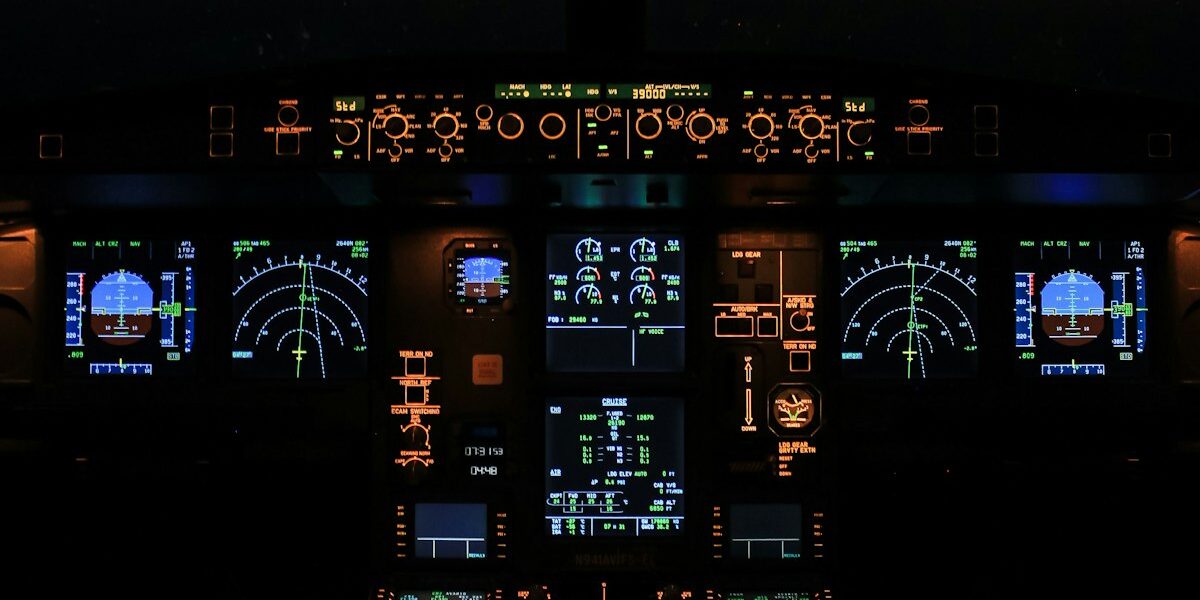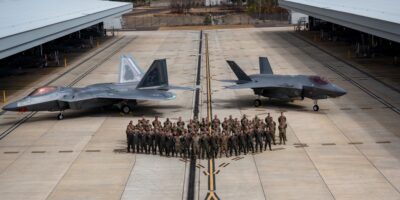How Much Do FedEx Pilots Make
How Much Do FedEx Pilots Make
Many people are curious about the earnings of FedEx pilots. This is understandable given the critical role they play in logistics and transportation. Let’s delve into the numbers and other important facts.
Salary Breakdown
FedEx pilots have a varied pay structure depending on their experience and the type of aircraft they fly. Here’s a straightforward look at their earnings.
First Officers (Co-Pilots)
- First-year First Officers can expect to earn around $75,000 per year.
- After five years of experience, the typical salary increases to about $145,000 annually.
- With more tenure, around ten years, their pay can rise to approximately $170,000 per year.
Captains
Captains have a more significant responsibility, and their earnings reflect this.
- A first-year Captain averages around $227,000 annually.
- After five years of service, this can increase to about $257,000 per year.
- With ten years of experience, Captains can make over $280,000 per year.
Factors Affecting Pay
Several factors impact the pay of FedEx pilots. These include:
- Experience: Typically, more experience means higher pay.
- Aircraft Type: The type of aircraft a pilot flies can affect salary. Larger aircraft usually mean higher pay.
- Flight Hours: Pilots are often paid based on flight hours. Therefore, more flight hours equate to higher earnings.
Benefits and Perks
Besides salary, FedEx pilots enjoy several benefits and perks.
- Health Insurance: Comprehensive health insurance is standard.
- Retirement Plans: FedEx offers substantial retirement plans to ensure financial security.
- Travel Perks: Free or discounted travel options for pilots and their families.
- Bonuses and Profit Sharing: Performance bonuses and profit-sharing schemes are common, adding to overall compensation.
Career Path and Advancement
FedEx pilots can advance their careers in various ways.
- Training Programs: FedEx provides training programs for skill enhancement.
- Promotions: Opportunities for promotion to higher ranking positions with increased responsibilities and pay.
Work-Life Balance
Work-life balance is crucial for pilots. Let’s see how FedEx addresses this.
Pilots generally have set schedules, allowing them to plan their personal lives accordingly. They receive adequate rest periods to maintain safety and work efficiency. Moreover, FedEx ensures they don’t overwork by adhering to strict regulations on maximum flight hours.
Comparison with Other Airlines
To understand FedEx pilots’ pay better, it’s useful to compare with other airlines.
Generally, FedEx pilots tend to earn slightly more than pilots at passenger airlines. This is primarily due to the nature of cargo flights, which often operate overnight and require specific expertise. Also, the benefit packages at FedEx are quite competitive, making it an attractive employer.
Joining FedEx as a Pilot
Becoming a FedEx pilot typically requires:
- Commercial Pilot License: A basic requirement for the role.
- Flight Hours: A significant number of flight hours, usually thousands, to demonstrate experience.
- Endorsements: Specific endorsements for the types of aircraft FedEx operates.
- Training: Successful completion of FedEx training programs.
FedEx has a meticulous selection process to ensure they hire the best pilots. This involves multiple stages of interviews and testing. Overcoming these hurdles can lead to a rewarding career.
Industry Outlook
The aviation and transportation industry is evolving, and pilot jobs, including those at FedEx, are no exception.
There is a growing demand for cargo services, which bodes well for FedEx pilots. With e-commerce on the rise, the need for efficient logistics is higher than ever, ensuring that skilled pilots will remain in demand for the foreseeable future.



Subscribe for Updates
Get the latest articles delivered to your inbox.
We respect your privacy. Unsubscribe anytime.